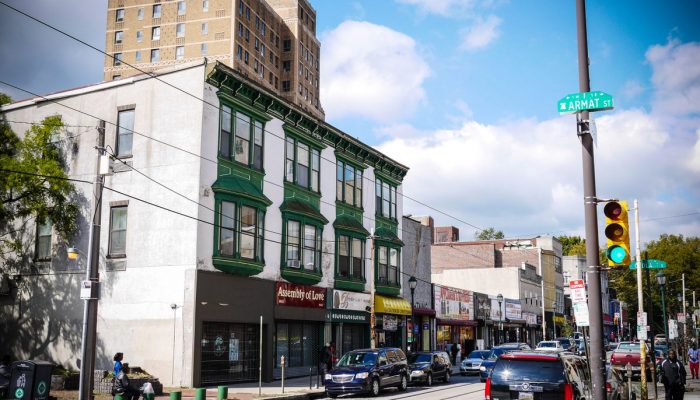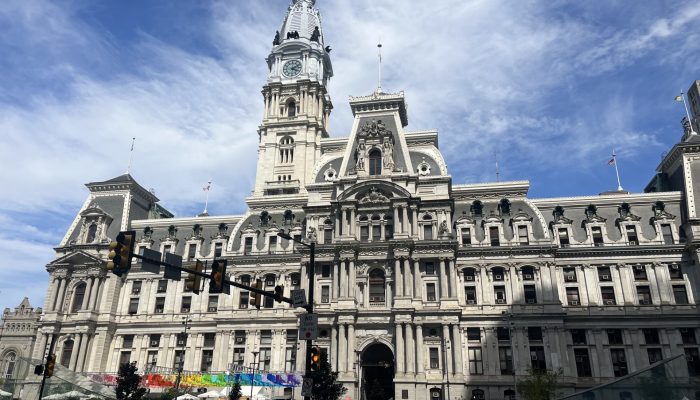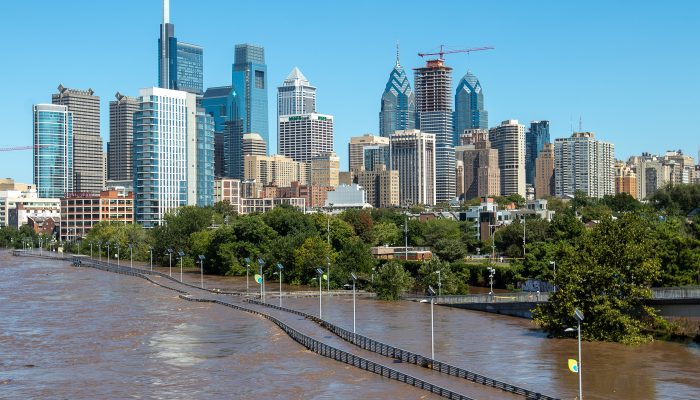The Coronavirus Aid, Relief, and Economic Security (CARES) Act is a package of measures passed by the federal government in response to the COVID-19 pandemic. Learn more about what the CARES Act will mean for small businesses.
Below are economic relief programs that the federal government is offering businesses, and how Philadelphia’s small businesses can apply:
Paycheck Protection Program
The Paycheck Protection Program provides cash-flow assistance through 100-percent federally guaranteed loans to employers who maintain their payroll during this emergency. If employers maintain their payroll, the loans are forgiven. The loan can be used for:
- Payroll or employee salaries.
- Mortgage interest.
- Rent and utilities.
- Interest on debt incurred before February 15, 2020.
Recent changes to the federal Paycheck Protection Program (PPP) aim to better help small businesses access relief funding. The changes, as laid out in the the Paycheck Protection Program Flexibility Act of 2020, include:
- Instead of eight weeks, borrowers will now have 24 weeks from the day they get their PPP funds to use them.
- Businesses may now use up to 40 percent of the PPP funds on non-payroll related expenses, though those expenses are still limited to utilities and mortgage interest. 60 percent of the funds must be used on payroll, reduced from 75 percent originally.
- For any portion of the loan that is not forgiven, businesses will now have up to five years to repay, increased from the original two years.
The deadline to apply for PPP has been extended to August 8, 2020.
Eligibility
Small businesses and other eligible entities will be able to apply if they were impacted by COVID-19 between February 15, 2020 and June 30, 2020. This program would be retroactive to February 15, 2020, in order to help bring workers who may have already been laid off back onto payrolls.
Eligible businesses include:
- Businesses and entities in operation on February 15, 2020.
- A business or nonprofit organization that has fewer than 500 employees.
- Sole proprietors and independent contractors.
Application
Applications are only available through SBA-approved lenders. Approved local lenders include:
- Asian Bank
- The Enterprise Center
- Lendistry (offers assistance in at least eight different languages)
- Philadelphia FCU
- Republic First Bank
- United Bank of Philadelphia
- Women’s Opportunity Resource Center
Economic Injury Disaster Loan Program
Economic Injury Disaster Loans (EIDL) are lower interest loans of up to $2 million that are available to pay for expenses that could have been met had the disaster not occurred, including payroll and other operating expenses. These include:
- Payroll
- Fixed debts
- Accounts payable
- Other expenses that can’t be paid due to disaster’s impact
The maximum EIDL is a $2 million working capital loan at an annual interest rate of 3.75 percent for businesses and 2.75 percent for nonprofits, with up to a 30-year term.
Eligibility
The following entities with 500 or fewer employees are eligible:
- Sole proprietorships, with or without employees
- Independent contractors
- Cooperatives and employee-owned businesses
- Tribal small businesses
Application
To apply for an EIDL online, or to check your application’s status, visit the SBA’s website.
Emergency Economic Injury Grants
This grant provides an emergency advance of up to $10,000 to small businesses and private nonprofits impacted by COVID-19 soon after applying for an SBA Economic Injury Disaster Loan (EIDL). The advance does not need to be repaid under any circumstance. The funds may be used to:
- Keep employees on payroll.
- Pay for sick leave.
- Meet increased production costs due to supply chain disruptions.
- Pay business obligations, including debts, rent and mortgage payments.
Eligibility
Those who are eligible for an Economic Injury Disaster Loan, and who have been in operation since January 31, 2020, are eligible for an Emergency Economic Injury Grant.
Application
You must first apply for an EIDL and then request the advance.
Small Business Debt Relief Program
This program will provide immediate relief to small businesses with non-disaster SBA loans, in particular 7(a), 504, and microloans. Under this program, SBA will cover all loan payments on these SBA loans, including principal, interest, and fees, for six months. This relief will also be available to new borrowers who take out loans within six months of the CARES Act becoming law.
Eligibility
In general, businesses must meet size standards, be based in the U.S., be able to repay, and have a sound business purpose. To check whether your business is considered small, you will need your business’s 6-digit North American Industry Classification System (NAICS) code and 3-year average annual revenue. Each program has different requirements; explore more details.
The following loans are eligible:
- 7(a) loans not made under the Paycheck Protection Program (PPP)
- 504 loans
- Microloans
Disaster loans are not eligible (see the Economic Injury Disaster Loans and Emergency Economic Injury Grants section above).
Application
Apply for a 7(a) loan with a bank or a mission-based lender.
Apply for a 504 loan through a Certified Development Company, which is a nonprofit corporation that promotes economic development.
Apply for a microloan through mission-based lenders who are also able to provide business counseling.
SBA has a free referral service tool called Lender Match to help find a lender near you.
Additional Resources
More guidance and loan resources for small businesses can be found on the SBA’s website.
SBA also provides local assistance via district offices and resource partners. Find resources near you.




